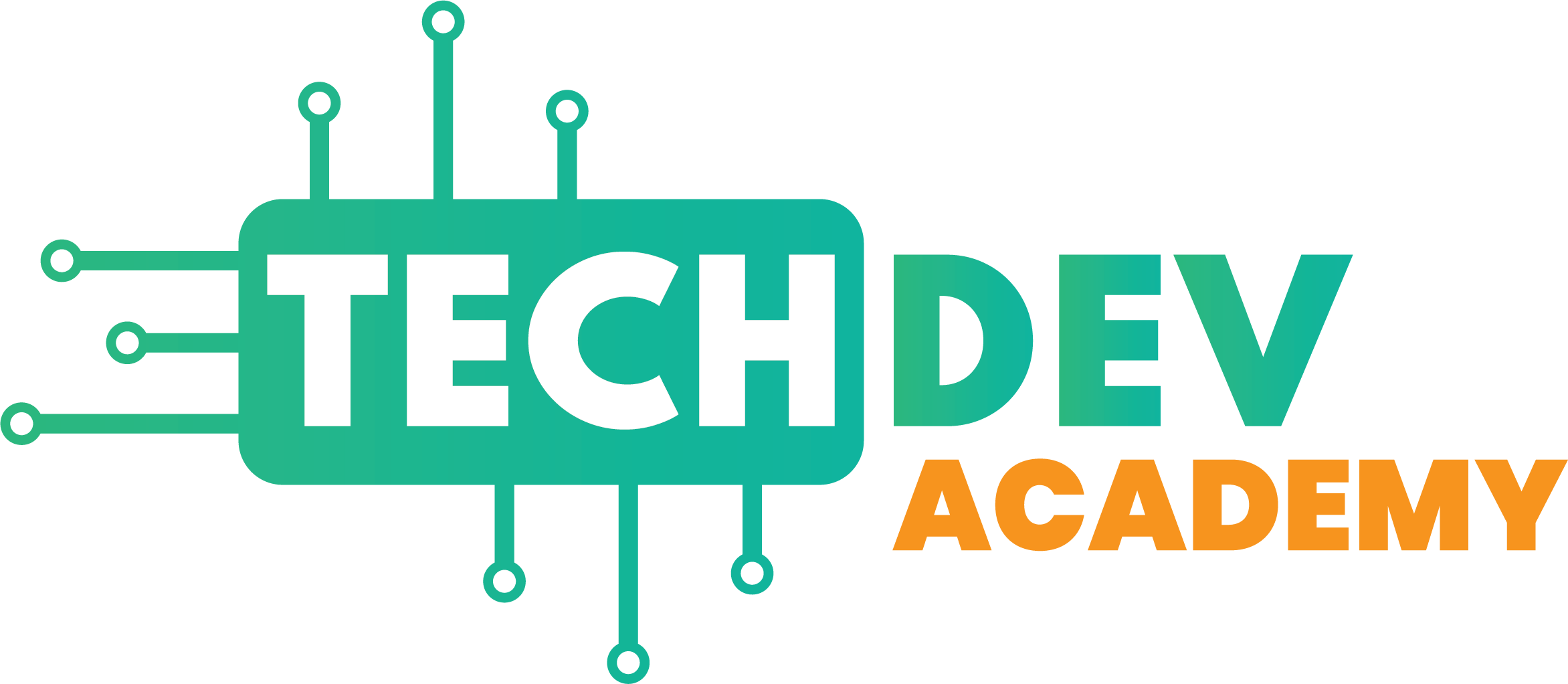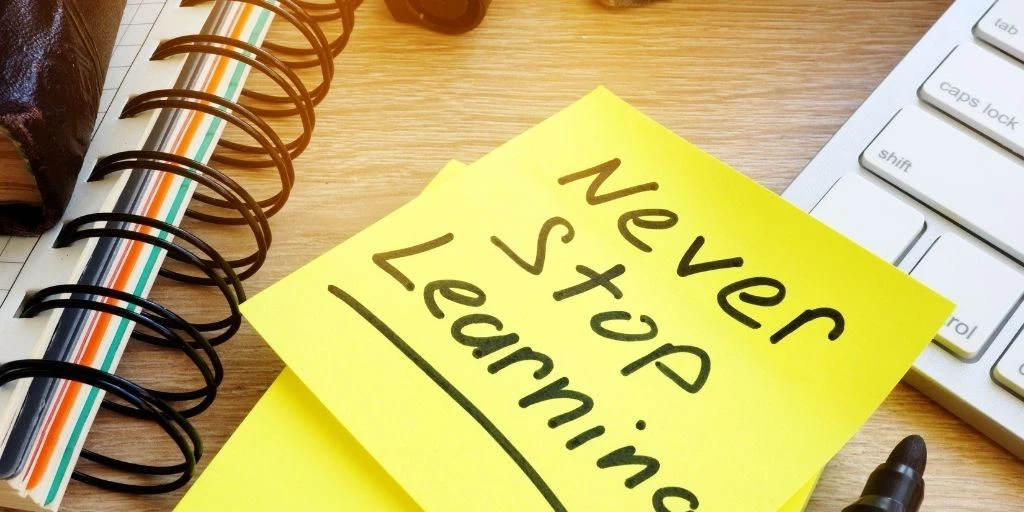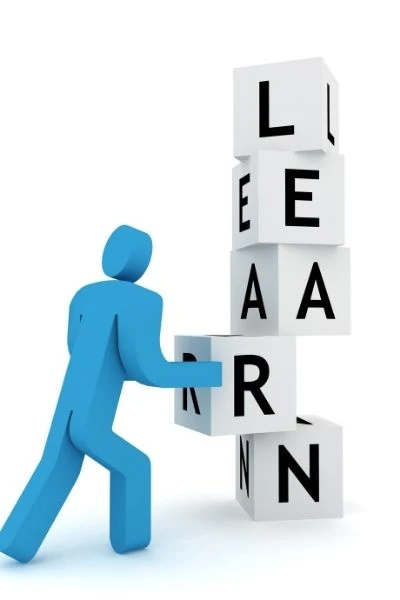Learning is not important just to prepare for life. Rather, life itself is a continuous process that educates you on a wide range of things. That is why learning for your kids should not be limited to their textbooks or classes. Rather, it should go beyond them. You need to instill in your kids a certain level of curiosity, interest, and fun, which would make them open to learning today, tomorrow, and every day that follows. And that is the essence of being a lifelong learner.
Who is a lifelong learner?
Since life never stops teaching, you should never stop learning. And that is the core message at the heart of a lifelong learner. So, what does lifelong learning in a kid’s life entail? It refers to both informal and formal learning opportunities throughout the kid’s life to encourage his/her continuous development and improvement of the skills and knowledge he/she needs for personal fulfillment and employment. To put it simply, it stands for learning new things all through your life that will let you accomplish your goals and even help in your overall development.
Now that you know what a lifelong learner is, perhaps you would be interested in finding out what it takes for your kid to be one? Typically, a true lifelong learner must have five habits, namely:
Faith: It would help the kid lookout for something new to learn every day.
Consciousness: This involves being always curious and aware of knowledge gaps to figure out ways of finding more information to satiate that curiosity or bridge the gap.
Engagement: Whatever the child learns, he/she should learn it actively by engaging with the surrounding world.
Humility: A lifelong learner would always be humble and never let the knowledge go to his/her head.
Reflection: To become a lifelong learner, the child must take out time to reflect upon what he/she has learned, how it will help in his/her growth, and the way it would make this world a better place.
In addition to the above, it is important to acknowledge that irrespective of how much a child seeks to learn, there will always be certain domains and mysteries that will continue to be unsolved and discoveries that he/she would be unable to make. But despite these facts, a lifelong learner would never feel disheartened, demotivated, or complacent.
What are the benefits of being a lifelong learner?
Lifelong learning helps your kid put his/her most valuable asset to work – his/her mind. And doing this would bring several benefits his/her way, some of which are as follows:
- Development of the mind: During a child’s formative years of life (i.e. in early childhood), the rate at which the brain develops in complexity is astonishingly fast; every second, the brain cells from 700 to 1,000 new connections. You can support and encourage this early development by getting your kid started on the path to lifelong learning. Several studies and research show adopting lifelong learning affects the brain cells positively, thus boosting mental sharpness. With better mental health and a well-developed brain, the child would enjoy a longer life expectancy.
- Self-motivation and better quality of life: Lifelong learners are self-motivated and always on the lookout to acquire knowledge and develop skill-sets. Thus, a kid who embarks on the journey of becoming a lifelong learner would have a positive attitude to learning both for professional and personal development. His/her willingness to learn and develop would be a conscious and voluntary act. And the more the kid learns, the better would be his/her understanding be of the world around him/her, which would boost his/her self-esteem. Additionally, it would bring forth an unmatched feeling of satisfaction that is triggered by doing something worthwhile. Thus, with lifelong learning, the kid would be able to attract more and better opportunities to improve his/her quality of life.
- Being future-ready: The time a kid spends learning is never a waste. The knowledge and skill-sets he/she acquires will help in one way or the other, sometime in the future, if not right away. As the modern age is quickly progressing with the latest technologies and things being developed and implemented at a rapid pace, it has become imperative to be at par with everything new by adopting lifelong learning. Thus, being a lifelong learner would not only make your kid future-ready but also help him/her open doors to multiple opportunities and enjoy a forever-growing career.
- Bid boredom adieu: Lifelong learning is a surefire way to get rid of boredom. Once your kid develops the habit of learning new things as frequently as possible, he/she would never get bored because there would always be something new to explore or learn about.
What are the tips to help your kid gain lifelong learning skills?
To ensure your kid becomes a lifelong learner, you need to keep that thirst and curiosity for knowledge alive. Here are some tips to achieve this:
- Encourage curiosity irrespective of age: For babies, learning involves crawling along with knocking down and putting things in their mouths. Tearing things apart and asking questions are ways young kids learn. For older kids, an inherent passion for a subject drives learning. Whatever be the age of your child, you should nurture their curiosity and encourage them to ask questions, explore things, read, and examine their theories.

- Introduce them to learning resources: From ways to use an atlas or maps to online educational websites, DVDs, and more, you need to teach resourcefulness to your kids. Apart from encouraging them to ask family members, elders, and teachers questions to know more about a subject, you should also try to take them to seminars libraries, workshops, educational fairs, zoos, etc. where they would find an abundance of knowledge.
- Convert mistakes into opportunities: Kids can learn a lot from making mistakes. Trying new things and making mistakes not only helps them grow mentally and mentally but also shows them how they can work and think better. Additionally, such mistakes provide useful insights into their hidden knowledge and awareness. Thus, instead of treating mistakes as crimes, they should be viewed as opportunities or pillars on which the foundation of success is laid.
Encouraging your kids to take the teaching reins and share their knowledge with others is another important step toward learning ownership, which would help them become lifelong learners.



